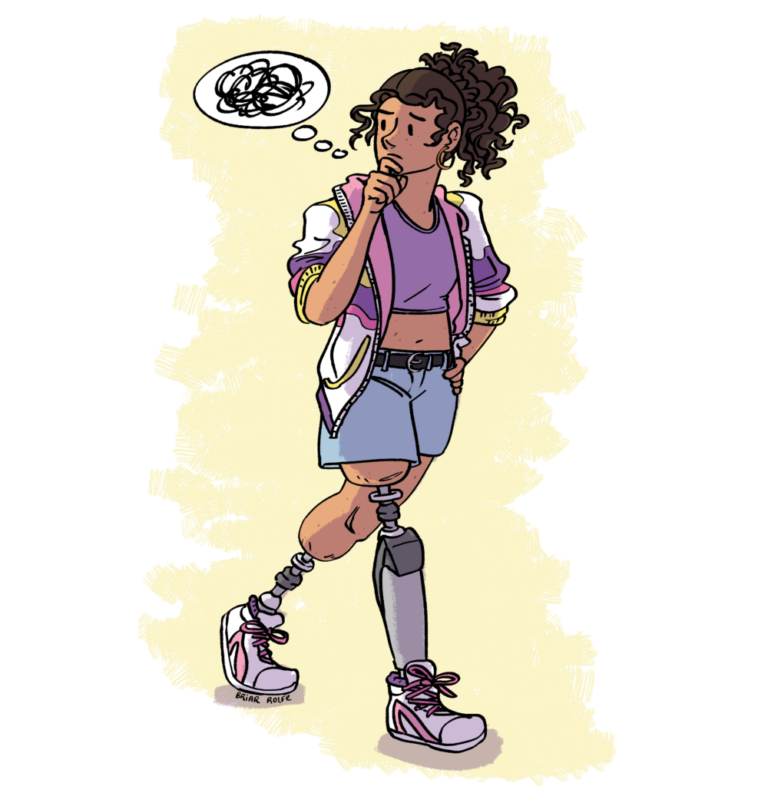Developing a complaints process for disabled young people
Here are some points to consider when developing or updating your complaints and feedback process for disabled young people.
This page provides practical guidance on creating accessible, youth-friendly complaint processes that empower young people to speak up, ensure their concerns are addressed, and uphold their rights.
These considerations are not a complete list, but they are a good place to start.
-
Considerations
-
Awareness of your complaints process
On this page
Considerations:
Give disabled young people information about how they can make a complaint as part of a welcome pack when they start to use your service. Make sure the information is available in a variety of accessible formats, such as Easy Read and Auslan.
Outline what kind of concerns disabled young people can raise, including examples.
You can also include a social script showing what a disabled young person can expect at a meeting about their complaint.
Specify the step-by-step process of a complaint. This should start at the disabled young person raising the complaint, go through the investigation process and outline what they can do next if they are unhappy with the outcome.
Anyone involved in making a complaint should know how to escalate concerns if they are unhappy with the process, investigation or outcome.
Disabled young people should be told about their rights, what to expect from the adults around them, and what to do if there is a problem.
This helps break down some of the barriers to disabled young people speaking up.
Make sure that anyone making a complaint knows there will be no negative impact on them for making a complaint, and what they can do if they feel there is.
Make sure that there is a timeline available, so that the disabled young person knows how long to wait to hear back from you, and how it will be communicated to them if this changes.
If the timeline changes, you should explain why it is changing, and what the new timeline is.
You should make it clear that the person making a complaint is allowed to have someone support them in any step of the process.
Let the person know the outcome of the investigation. Ideally, the disabled young person should be involved in deciding what actions are taken. For example, you can give them options based on the findings of the investigation.
- The disabled young person should be empowered to self-advocate and involved in any decisions made about them and their experiences.
Investigations should be inclusive, safe and trauma-informed. You can learn more about trauma informed complaints processes, on the Victorian government’s website. - Where appropriate, the disabled young person should be able to lead discussions around the complaint. If they decide they want a trusted adult (like a parent or carer) to lead, let them, but don’t automatically default to the adult.
- You should also allow for the disabled young person to change their mind.
Make sure that your process is fair, consistent, clear and transparent.
All staff should be aware of and trained in the complaints process. They should be knowledgeable enough to explain it to a disabled young person in a way they can understand, and know who to ask for clarification or further information.
You should have a clear and consistent record-keeping process.

Create awareness of your complaints process
You should also ensure anyone you work with can access this process in whatever way they need to fully understand it. For example, this may be with diagrams and graphics, large font, pre-recorded audio, Easy Read, braille, or other methods.
If you haven’t developed information in these accessible formats, and believe it will take too long, while you’re in the process of doing so, you can work with the person to identify other ways the information can be presented to them accessibly.
The person should also be informed that they can work with someone they trust to understand the process if they want. Most of the time, this is a case-by-case basis, but ultimately the process should be led by the disabled young person.